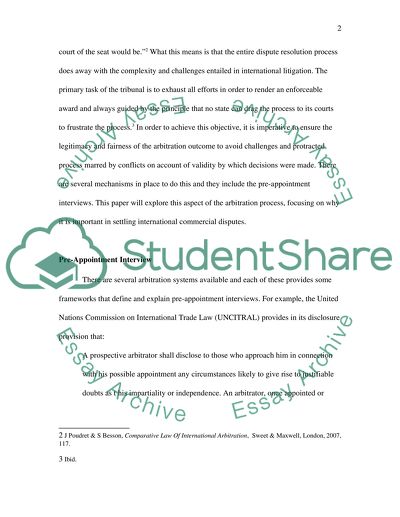Cite this document
(“International Commercial Arbitration: Critically evaluate the use of Assignment”, n.d.)
Retrieved from https://studentshare.org/law/1465494-international-commercial-arbitration-critically
Retrieved from https://studentshare.org/law/1465494-international-commercial-arbitration-critically
(International Commercial Arbitration: Critically Evaluate the Use of Assignment)
https://studentshare.org/law/1465494-international-commercial-arbitration-critically.
https://studentshare.org/law/1465494-international-commercial-arbitration-critically.
“International Commercial Arbitration: Critically Evaluate the Use of Assignment”, n.d. https://studentshare.org/law/1465494-international-commercial-arbitration-critically.


